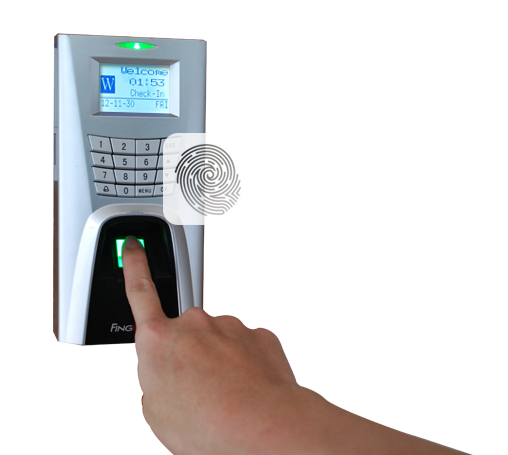
#Gpg mail fingerprint install
Generator a better chance to gain enough entropy.Įntropy to generate the keypair, in a new shell session, install the rng-utils package: sudo apt install rng-toolsĬheck and feed random data from an entropy source (e.g. Some other action (type on the keyboard, move the mouse, utilize theĭisks) during the prime generation this gives the random number If your system seems to hang at the following message: We need to generate a lot of random bytes. This may take a few minutes to generate depending on the key size that was chosen. Once you have responded to all prompts, the keypair will be generated. The passphrase is used to unlock the private key, so it is important to ensure the passphrase is strong. Enter the desired information for each value and confirm when prompted. Any one of these three values can be used to identify the keypair for future use. Enter a name, email address, and comment to associate with the key pair.For example, 1y will set an expiration date of one year from the time of keypair creation. Specify the duration the key should be valid in days, weeks, months, or years.Select (1) RSA and RSA (default) for the type of key.Several prompts will appear before the keypair is generated: GPG command line tools for Ubuntu: sudo apt updateĬreate a new primary keypair: gpg -full-generate-key Create GPG Keysĭownload and install the most recent version of the

#Gpg mail fingerprint how to
This guide shows how to create your own keypair, distribute the public key to a receiver, and encrypt and decrypt a message on Ubuntu 16.04 and 18.04. This means anyone can send you a secure message if they have a copy of your public key. The recipient can then use their private key to decrypt the message. This asymmetric cryptographic system is ideal for secure communication, because all it requires is that the sender of the message have a copy of the receiver’s public key before encrypting and sending the message. The public key can be shared with anyone, while the private key should be protected and secret to maintain the integrity of the system. Public-key cryptography uses a key-pair system where any single user has a private and public key pair. Public key cryptography is likely already familiar to you since it is the recommended way to authenticate when GPG uses a combination of symmetric-key cryptography and public-key cryptography.
#Gpg mail fingerprint software
This piece of free software is notably used by journalists around the world to ensure that their sensitive email communication is kept secure and private. OpenPGP protocol, which defines and standardizes all the necessary components involved in sending encrypted messages–signatures, private keys, and public key certificates. GNU Privacy Guard (GnuPG), also known as GPG, is a tool for secure communication that was created by Werner Koch as


 0 kommentar(er)
0 kommentar(er)
